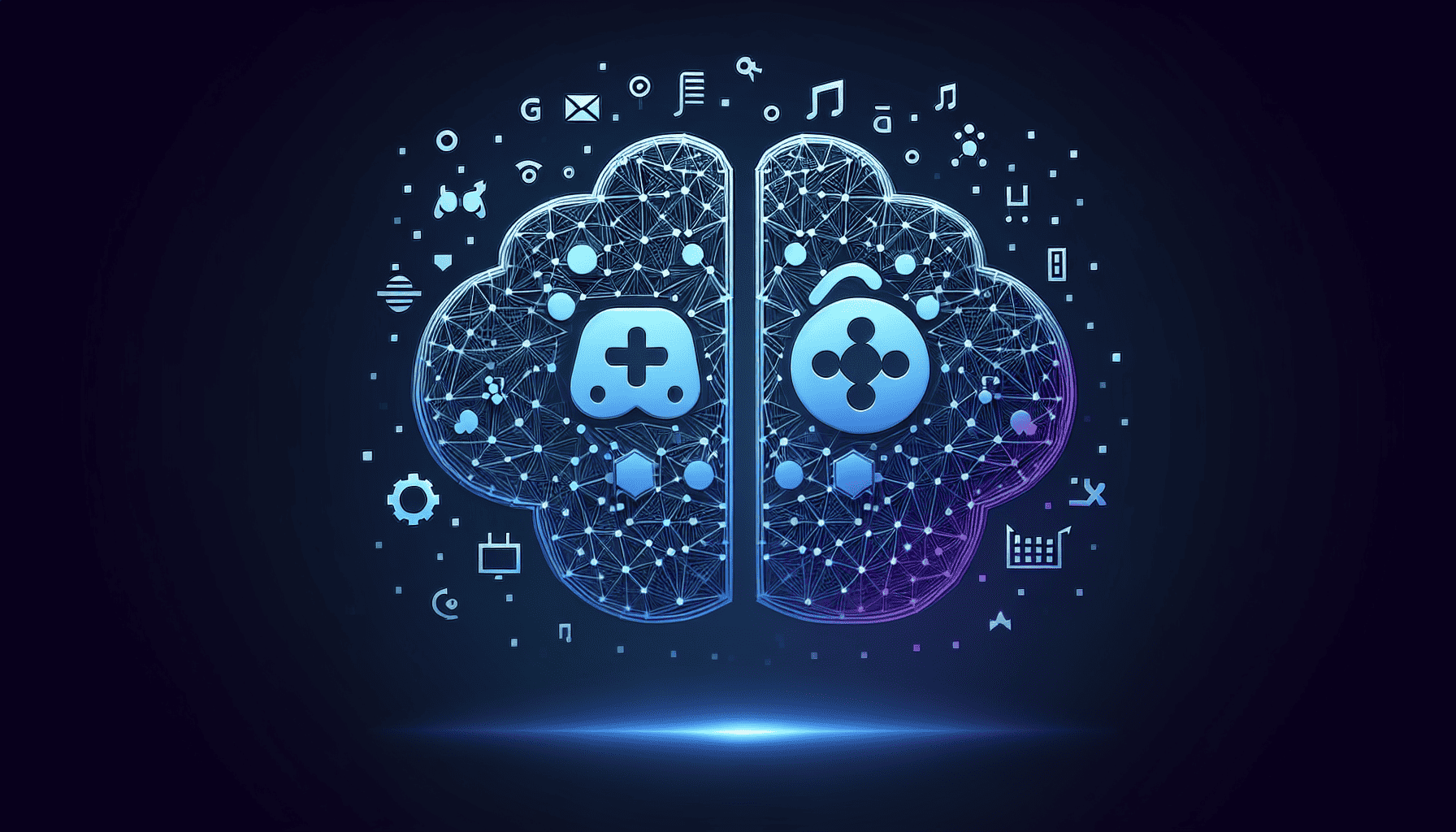The gaming industry has always been at the forefront of technological innovations, constantly evolving to provide players with more immersive and engaging experiences. In recent years, one of the most significant advancements in this field is the incorporation of artificial intelligence (AI) into game design. Harnessing AI allows developers to create smarter, more responsive gaming environments that can adapt to players' actions, providing a dynamic experience that keeps engagement levels high.
AI in game design isn't just about making non-player characters (NPCs) more intelligent; it's about redefining the very essence of how games are crafted and experienced. At its core, AI has the potential to transform static, pre-programmed interactions into fluid, real-time experiences that respond to players' choices and strategies. This opens up a world of possibilities, where games can become infinitely replayable and uniquely tailored to individual players.
One of the primary benefits of AI in gaming is its ability to create more lifelike NPCs. Traditionally, NPCs have been programmed with a set of predictable patterns and behaviors, which can detract from immersion over time. AI, however, allows these characters to learn from players’ actions and adapt their strategies accordingly. This means NPCs can exhibit complex behavior patterns, making them more challenging and realistic opponents or allies.
Moreover, AI-driven adaptive difficulty adjustment is another innovation poised to revolutionize player experience. Instead of relying on fixed difficulty settings, AI can analyze a player’s skill level and adjust the game’s challenge accordingly. For instance, if a player is breezing through levels, the AI can introduce stronger enemies or more complicated tasks to keep things interesting. Conversely, if a player is struggling, the AI can ease up on the difficulty to ensure a smooth progression.
AI also contributes to the enhancement of procedural content generation. Through sophisticated algorithms, games can now generate unique environments, levels, and scenarios that differ each time a player embarks on a new playthrough. This procedural generation, bolstered by AI, ensures that the content is not only diverse but also contextually appropriate, maintaining narrative coherence and engagement.
In multiplayer and online gaming contexts, AI can be utilized to manage in-game economies, detect cheating, and create fair matchmaking systems. By monitoring and analyzing player data in real-time, AI can ensure that matches are balanced, enhancing the overall social aspect of gaming. It’s an approach that aligns with the modern gaming landscape, where connectivity and community are as important as gameplay itself.
Additionally, AI can also play a vital role in narrative design. Natural language processing capabilities enable more nuanced interactions between players and game worlds. Players can engage in conversations with characters that feel organic and impactful, with storylines that evolve based on the choices and dialogues, offering truly personalized adventures.
However, integrating AI into game design presents its own set of challenges. There are ethical considerations regarding player data privacy, ensuring AI behavior is fair and unbiased, and the potential homogenization of gaming experiences if AI-generated content becomes formulaic. Moreover, balancing AI-driven elements with human creativity requires a careful approach to maintain the artistry of game design.
Despite these challenges, the potential that AI brings to the gaming industry is undeniable. As developers continue to refine AI technologies, players can expect increasingly immersive worlds that not only challenge their skills but also resonate on a personal level. Gaming is poised to enter a new era, where every playthrough is unique, and every challenge is a test of adaptability and ingenuity. Through AI, the possibilities for creating richer and more responsive gaming experiences are virtually limitless.
